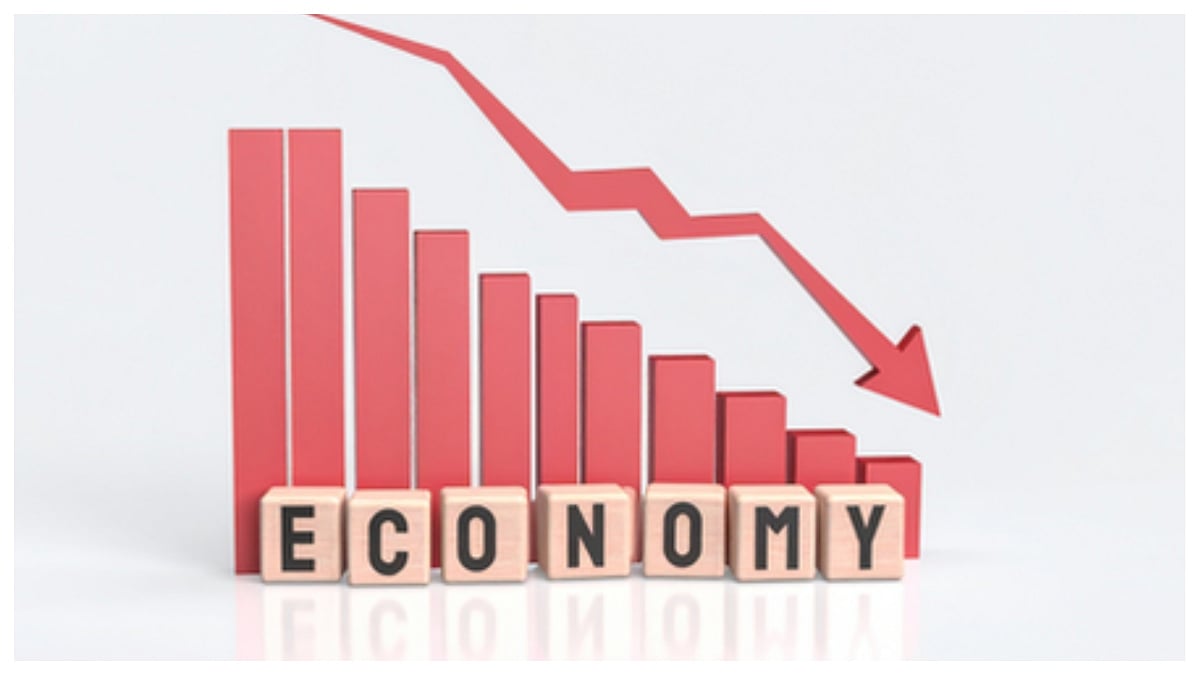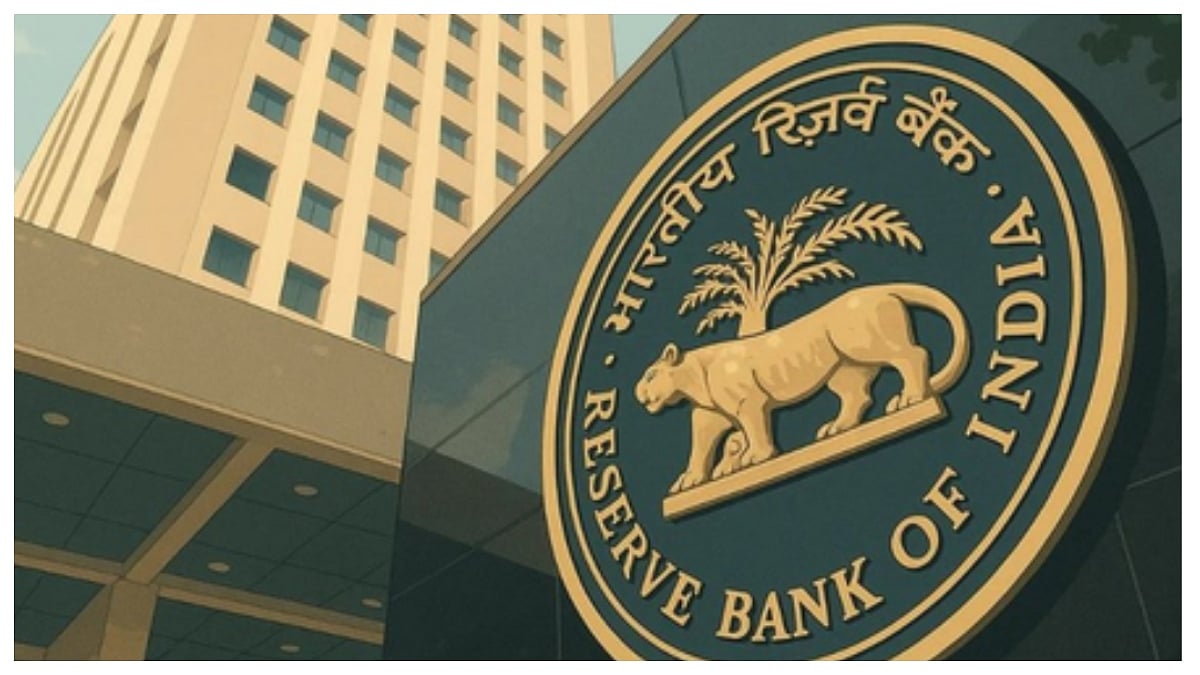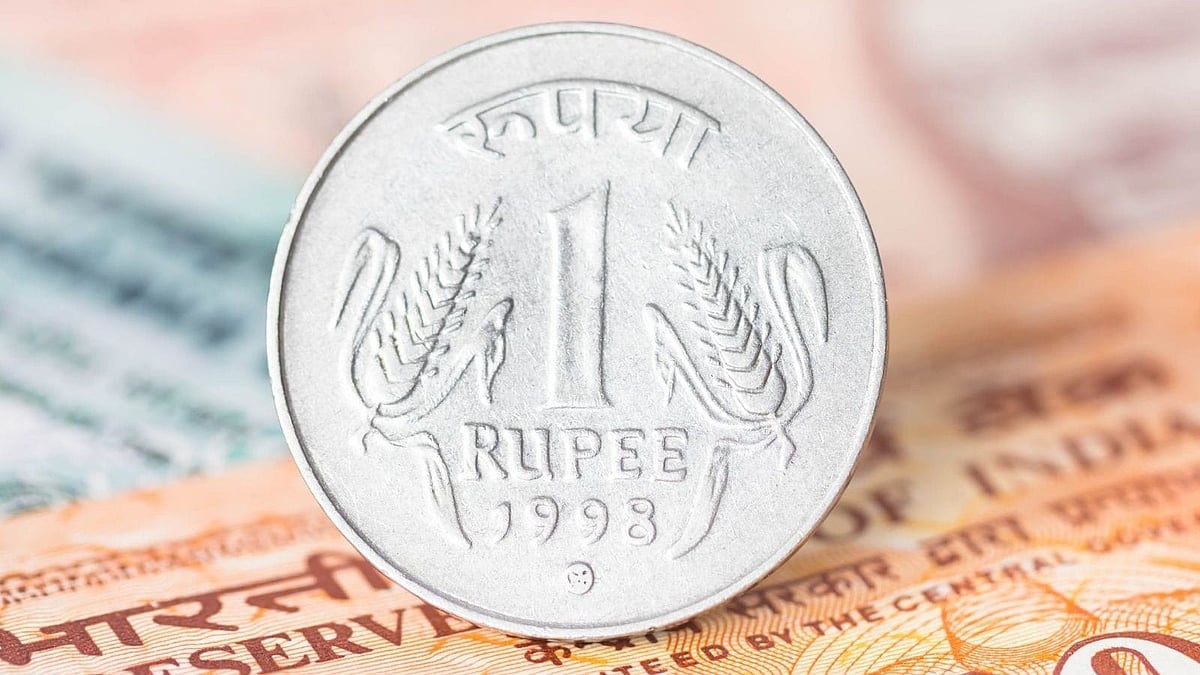MUMBAI: Food insecurity, malnutrition and poverty may escalate, particularly among marginalised people in the developing world due to the rapid spread of coronavirus, a latest report by International Food Policy Research Institute (IFPRI) said on Tuesday.
IFPRI in the 2020 Global Food System report said policymakers must focus on building a more resilient, climatesmart, inclusive and healthy food systems that can help people withstand these types of shocks.
Worldwide, more than 13 lakh people have been infected by coronavirus since its outbreak in China in December last year, while more than 70,000 have died including over 50,000 in Europe and more than 10,000 in the US. In India, there are 4,421 confirmed cases with 114 deaths so far.
"The spread of COVID-19 has highlighted how vulnerable we all can be to global shocks," IFPRI Director General Johan Swinnen said. He said food systems provide opportunities to improve food and nutrition security, generate income, and drive inclusive economic growth, but even in prosperous times many people are deprived of these benefits.
"Greater inclusivity in food systems is not a panacea for this or any other crisis, but it is a critical part of strengthening our resilience. "Times of crises also offer opportunities for change and it is essential that we act now so that everyone, especially the most vulnerable, can recover from the COVID-19 shock and be prepared to withstand future shocks," he said.
The report highlighted the central role that inclusive food systems play in meeting global goals to end poverty, hunger, malnutrition and offered recommendations for making food systems more inclusive for four marginalized groups - smallholders, women, youth, and conflict-affected people.
The report observed that national food systems across the developing world are already transforming rapidly, creating challenges and opportunities to make them more inclusive to all these groups.
Case studies of these transformations in Bangladesh, Ethiopia, Nigeria, and Vietnam provide useful examples of the drivers and components of change, as well as the promising entry points for actions that can increase inclusion, it said.
"Approaches to food system transformation must be country specific, as each country's food system is unique," said John McDermott, director of the CGIAR Research Program on Agriculture for Nutrition and Health.
Governments can foster these inclusive food systems by enacting laws, policies, and regulations that provide basic infrastructure, create the right market incentives, promote inclusive agribusiness models and leverage the potential of digital technology, the report said.









